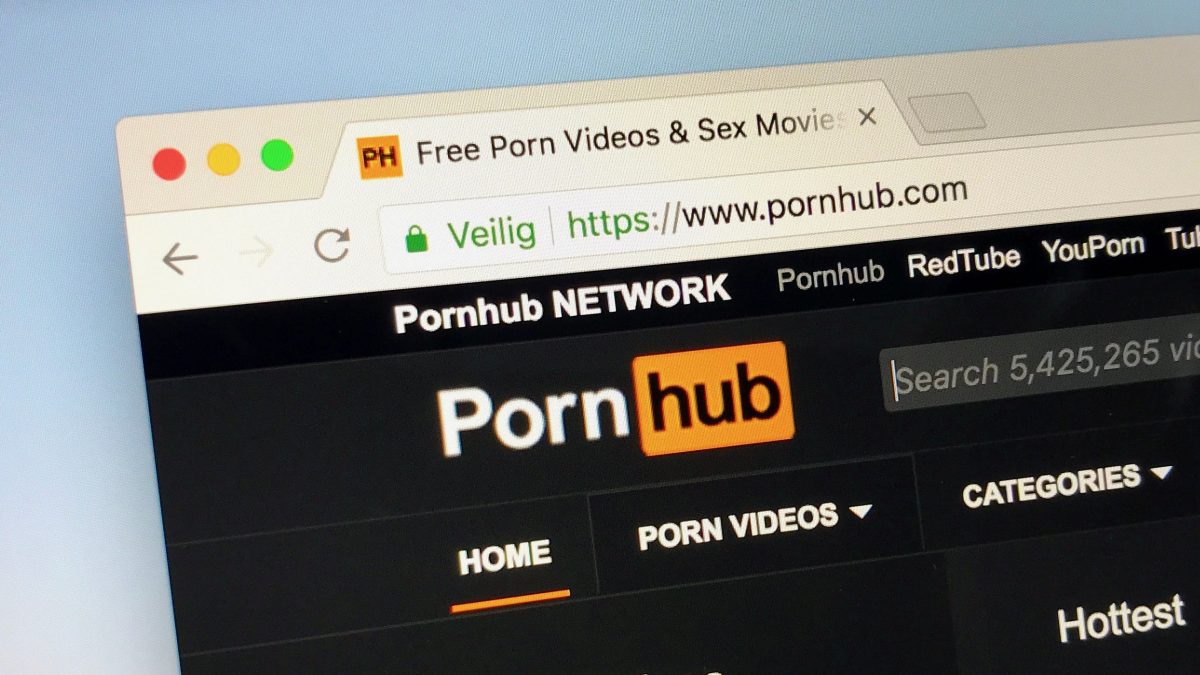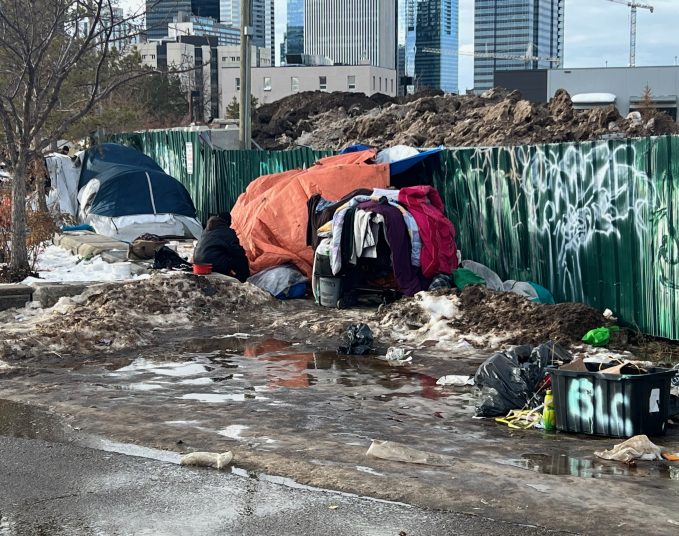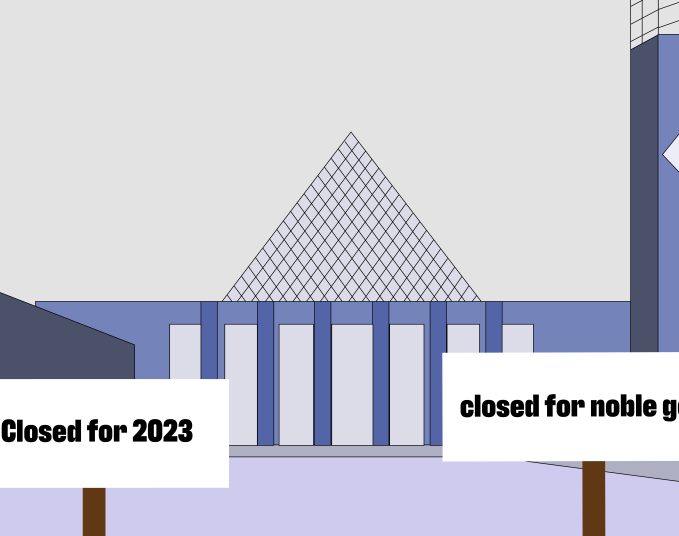Do you remember Helen Lovejoy? The puritanical wife of Reverend Lovejoy on The Simpsons? Remember the way her hysterical prudishness used to make us all laugh? How she would exclaim “won’t someone please think of the children?” at even the faintest whisper of S-E-X? I do.
Except I wasn’t laughing this week as Canada’s conservatives, both in Ottawa and in Edmonton, did their best to channel their inner Lovejoy by opining on the need to protect the nation’s children from the dangers of internet pornography whilst simultaneously attacking sex education.
Let me lay it out for you:
In Ottawa, Conservative Leader Pierre Poilievre and Prime Minister Justin Trudeau bumped uglies over Poilievre’s support for Bill S-210, which would require Canadians looking to Netflix and Chill all by their lonesome first pass through an age-verification screening. Sounds reasonable enough. But age-verification systems already exists as a feature of most pornographic websites — although, admittedly, they are about as effective in keeping people out as an unlocked door — so the bill, introduced by independent senator Julie Miville-Dechêne, suggests a few other potential methods. Methods like a digital ID system, or some variation of webcam facial scanning.
While the finer details have yet to be be hammered out (the bill is in committee in the House of Commons), the idea of attaching an ID to your porn-surfing habits or scanning your face every time you visit xHamster sounds pretty dystopian to me. Especially given the way these types of “ultra secure” databases tend to, eventually, spring some leaks.
More surprising, though, is the tacit approval of someone like Poilievre, who built much of his early support on the coattails of the tinfoil-hat crowd’s almost apoplectic disdain for the idea of a digital ID. While Poilievre’s office did clarify later on that the Conservative leader’s support for the bill didn’t mean he would support the digital ID option, it seems when it comes your PornHub history, he’s at least less fervent in his opposition.
Now, don’t get me wrong. This isn’t to say that we shouldn’t do anything to safeguard young people from pornography, especially in the face of rising levels of consumption at increasingly earlier ages. There are some real harms that can be associated with porn — from addiction to unrealistic notions of what healthy sex looks like to confusion about safe sex to, most distressingly, misconceptions about sex, consent and violence towards women that pornography can often present.
But the fact of the matter is young people are going to get into porn when they’re not supposed to, the same way they get into cigarettes, alcohol and drugs. All that’s going to change is how they go about it. In the 1970s, 80s and 90s that meant snagging your father’s Playboy from under a mattress. In the 2000s it meant clicking “Yes, I am 18” on the family computer and in the 2020s it will surely mean something else, regardless of whether Bill S-210 becomes law or not.
So, how do we protect kids from the potential for harm that pornography can have on developing minds without sacrificing privacy via methods that have not once proven effective at stopping prying eyes from peeking into the Adults-Only sections of the world? Well, the answer is something that our own province proposed undermining this past week: education.
Studies from the University of Alberta, UNESCO and other research institutes have shown that comprehensive sex education has tangible benefits for young people, including reducing the rates of STIs, unplanned pregnancies and other risk-taking sexual behaviour. It can also serve to delay initiation of sex among young people. Equally as important, it’s been shown to increase understanding of consent as well as how to practice internet safety.
And yet, as part of Alberta’s suite of changes to the way the province handles issues of sex and sexuality among young people, Premier Danielle Smith rolled out further proposals last week. The takeaway? That the parents of the province’s 766,000 students would need to opt-in to each and every lesson that concerns sexual education, orientation or gender identity. That change, some advocates have said, means many students will inevitably fall through the cracks.
So, here we are, bemoaning the need to protect our nation’s youth while actively putting up barriers against the very thing that would assist in doing that. And because children and young people will inevitably find their way into the proverbial cookie jar, we’re actually making them less safe by taking away one of the few places where they might find context about what it is they’re viewing. What we’ll be left with is a generation of kids who are still looking at porn, but who will know even less about it.
Savvy AF. Blunt AF. Edmonton AF.




